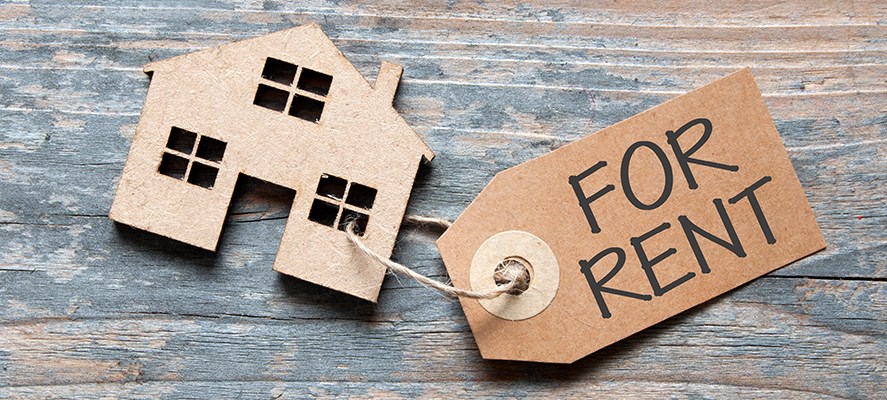Five things to consider with a buy-to-let property
With interest rates remaining low, house prices growing and the recent changes to pensions, more people consider becoming a landlord. We look at the five things to take into account before taking on a buy-to-let property.

- Target audience
This is the most important decision you'll make, and one that will influence all your other decisions during the buying process. It is important to research your chosen area and the types of people that are renting there, as well as how much they're paying.
- Area
It is important to consider carefully where you're going to buy the property. Will it be in the town you live in, an area you know well or an area you're looking to explore?
Ultimately this is an investment, so you need to consider the yield and rental return, Which area is going to provide the best financial result for you?
While you may have what seems like an obvious choice in mind, you'll need to think carefully about the pros and cons of your chosen location and how well a rented property would perform in that area. Put yourself in the shoes of your target tenants and try to understand what it is they'll be looking for from the area they live in.
This could include accessible and regular transport links, local sports clubs, good schools and neighbouring families or a large population of students - and remember, while the area may be to your taste, it won't be you living in the property.
- Affordability
The process of purchasing a buy-to-let property is like buying a private home - you'll need to take many of the same budgetary requirements into account as when you bought your house - mortgages costs, deposit, legal fees and stamp duty.
- Legal responsibilities
Becoming a landlord means taking on certain responsibilities, from a legal perspective. Firstly, you'll need to remember that renting out a property is like having your own business - you'll need to declare it for tax purposes, via an annual Self-Assessment tax return.
There are other legalities you'll have to comply with too, which need assessments or certificates. Current regulations include gas and electricity safety checks, smoke alarms, C02 detectors, legionnaires risk assessment, energy performance certificate and landlord registration.
Not complying with these, and other, regulations is illegal and could land you with a hefty fine (or worse). Make sure you're prepared to invest the time, energy and money to ensure you are always legally compliant.
- When things go wrong
Planning for every eventuality when you're thinking of investing in buy-to-let is very important. From nightmare tenants to empty properties - lots of things could go wrong and you'll need to have the right processes and safety nets in place to deal with them. Do some research on legal matters, such as eviction notices, your right and responsibilities, tenancy agreements and more.
For more information get in touch for a free no obligation chat.